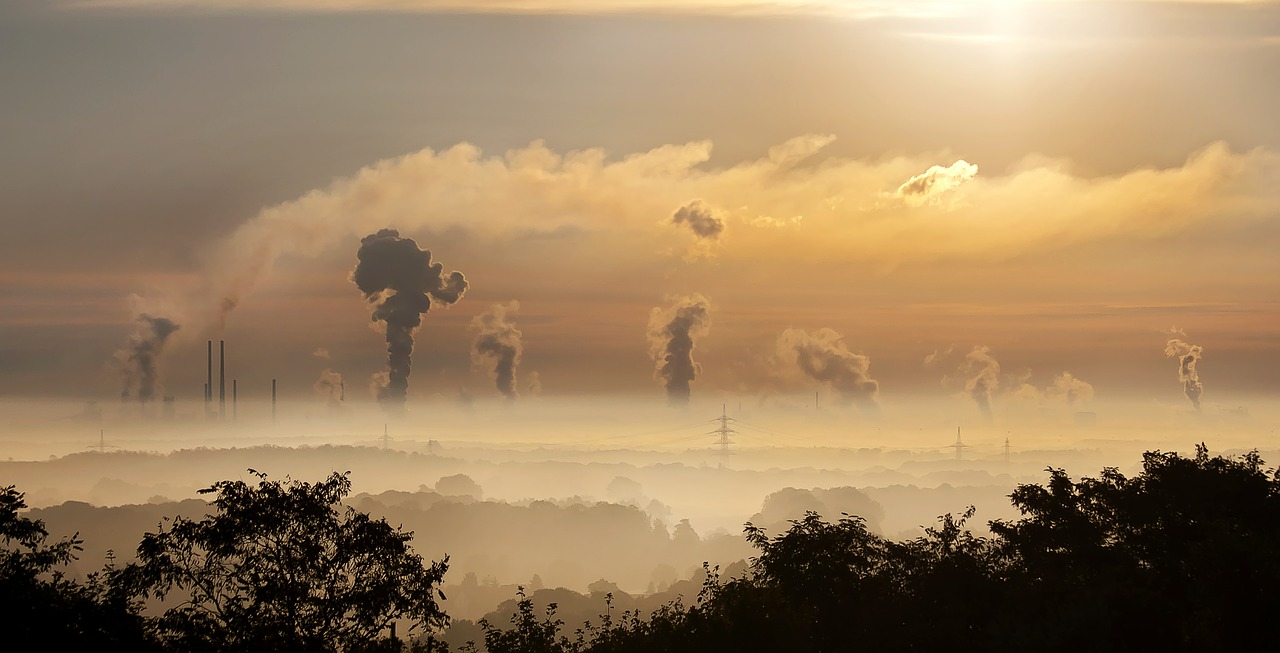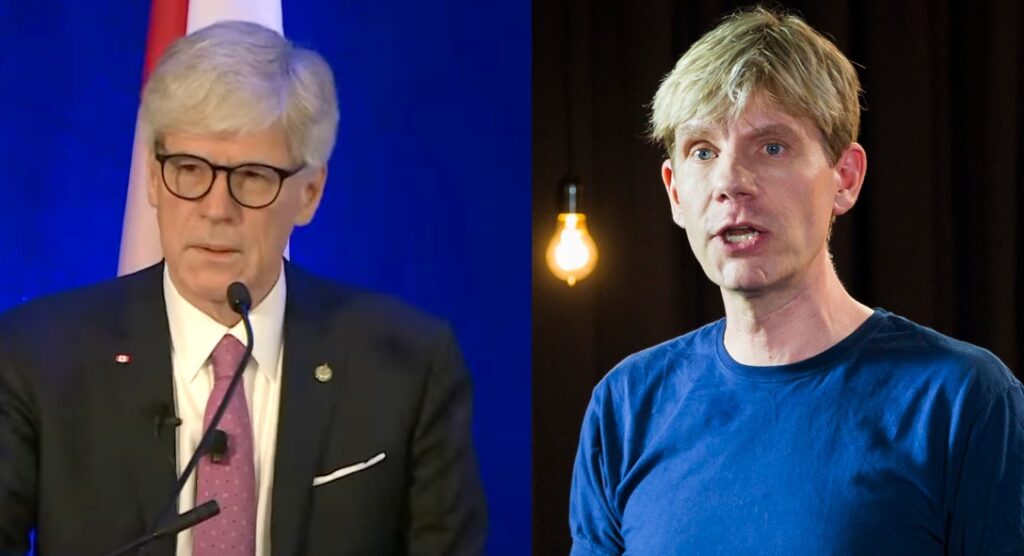Given its history of human rights abuse, environmental destruction, and penchant for multimillion dollar executive bonuses, the oil industry doesn’t immediately spring to mind as natural actor to help solve a global poverty crisis.
Nonetheless, a new 97-page UN-sanctioned report authored by an industry group and World Bank offshoot outlines the oil and gas sector’s vision to be a “key part” of efforts to encourage sustainable development.
The report acknowledged that fossil fuel companies “can have both positive and negative impacts on a range of areas covered by the SDGs” – the UN’s sustainable development goals for 2030.
Despite this, it claimed the industry could still be “central to sustainable development, as oil and gas are key pillars of the global energy system and, as such, are drivers of economic and social development”.
The report was written by International Petroleum Industry Environmental Conservation Association (IPIECA), the oil and gas industry’s main access point to the UN climate negotiations. It was co-authored by the World Bank’s International Finance Corporation, which has previously provided hundreds of millions of dollars in loans to coal power plants in the name of economic development.
Climate change is likely to impact the world’s poorest populations more immediately and severely. And experts say two-thirds of known fossil fuel reserves need to be left in the ground to cut emissions sufficiently to avoid the worst impacts of climate change.
So it’s perhaps unsurprising that the report identified addressing climate change – SDG goal 13 – as a “particular challenge” for the industry.
When outlining how the industry can address the issue, the report falls back on some familiar narratives. Natural gas can be an “affordable” and “sustainable” energy source, it points out. Meanwhile the industry continues to research carbon capture and storage projects, which could be used to extract and trap emissions from burning fossil fuels, if countries are going to meet their climate goals.
The report also said the industry can help eradicate poverty by “supplying reliable and affordable energy” and through indirect investment in countries by paying tax.
And companies can help expand education opportunities by collaborating with local schools and universities and investing in educational programmes, as well as protecting ecosystems by ensuring “good management practices” on drilling and fracking sites and offsetting any damage by planting new habitats where old ones have been damaged.
However, Shelagh Whitley, head of the Climate and Environment programme at the Overseas Development Institute think tank, was sceptical of this approach. She told DeSmog UK that the industry had to “undertake a process of managed decline”.
“Their role in sustainable development is really about ensuring that as they transition away from oil and gas they do it in a way that helps support workers and communities.”
She was also critical of the industry’s assertion that it could help countries develop by using the fossil fuels extracted from those countries to generate power, pointing out that oil and gas often gets put into the export market rather than used domestically.
She also pointed out that tax receipts from the UK’s mature North Sea oil and gas industry were now negative, undercutting the industry’s argument that it contributes significantly to a country’s economic growth.
Photo: Pixabay | CC0
Subscribe to our newsletter
Stay up to date with DeSmog news and alerts







